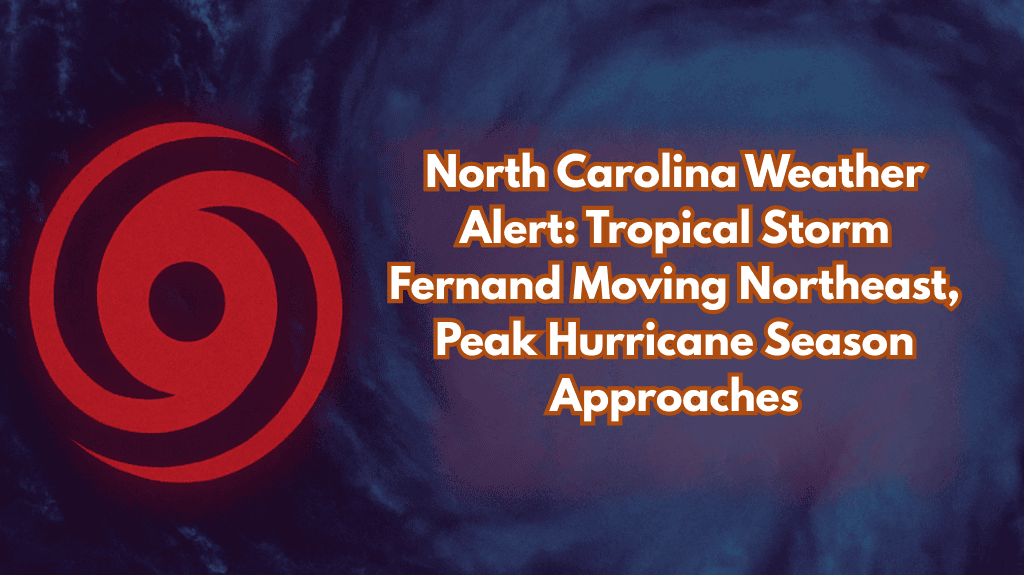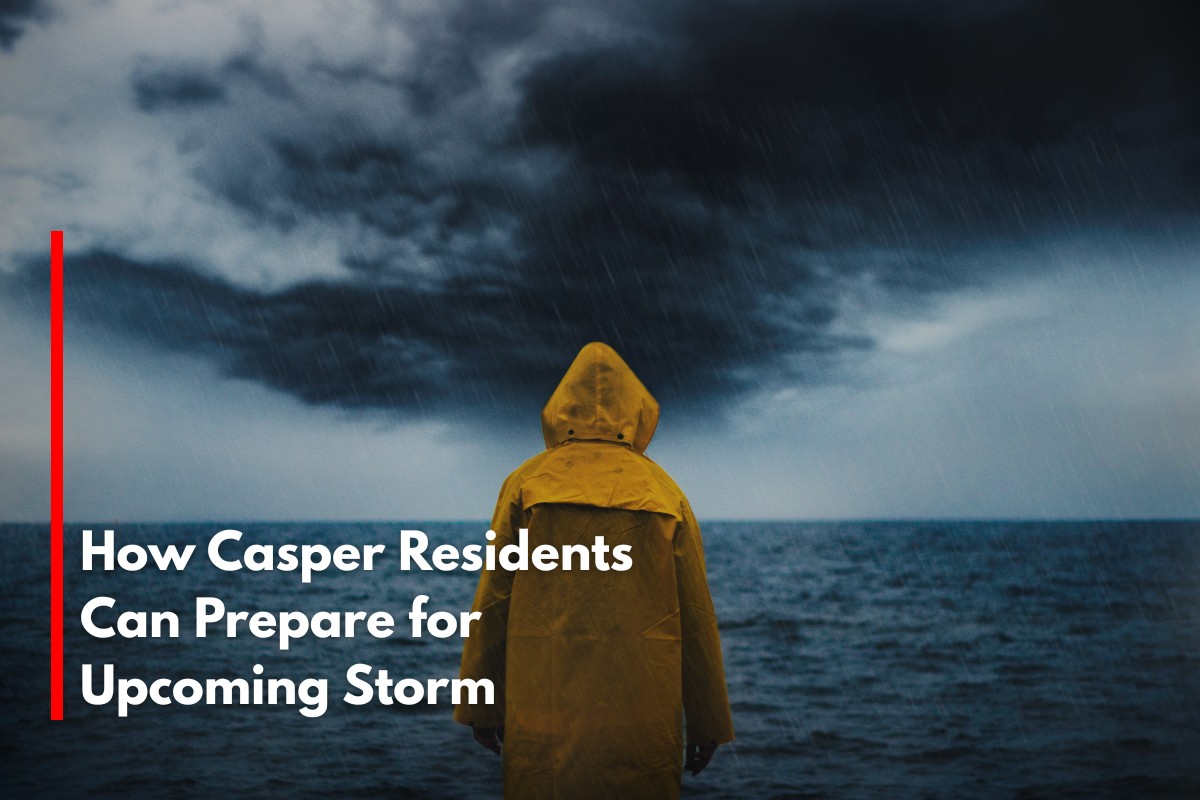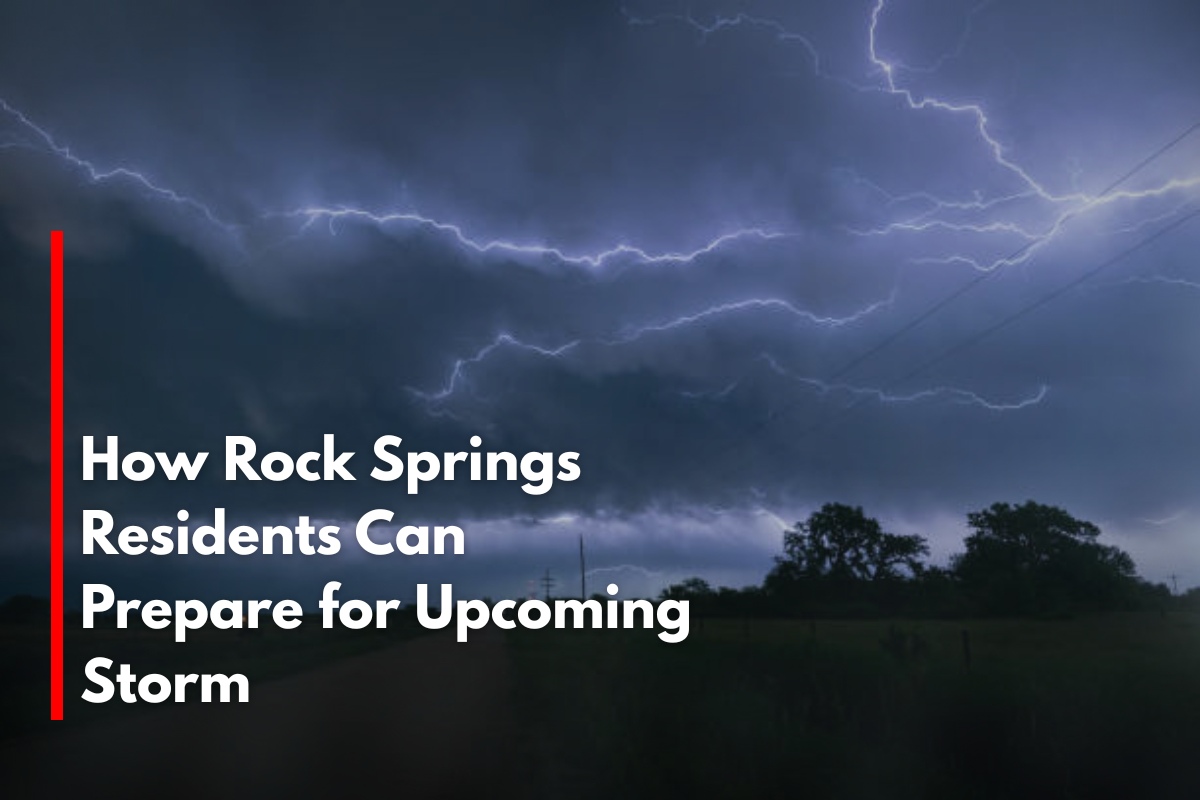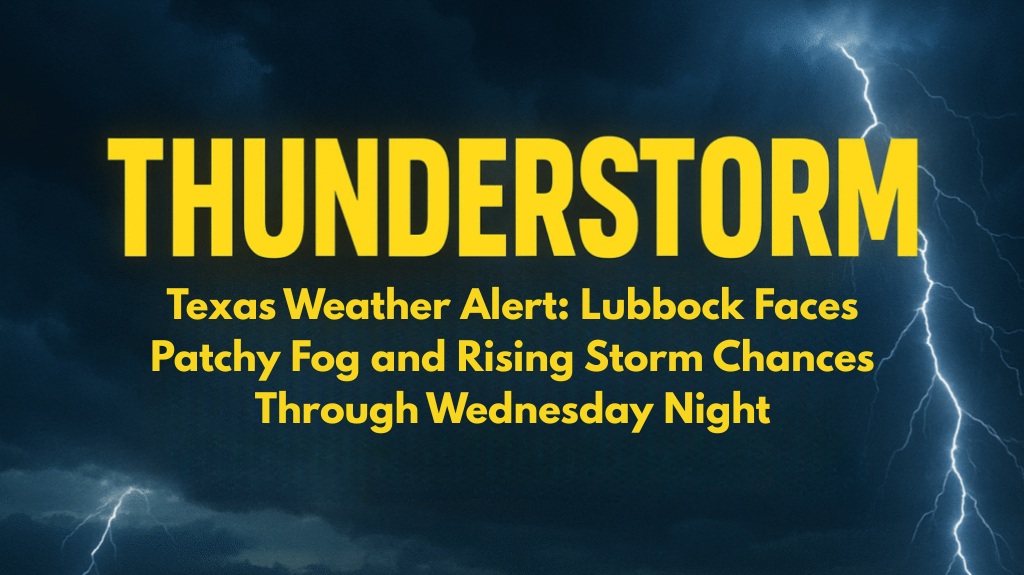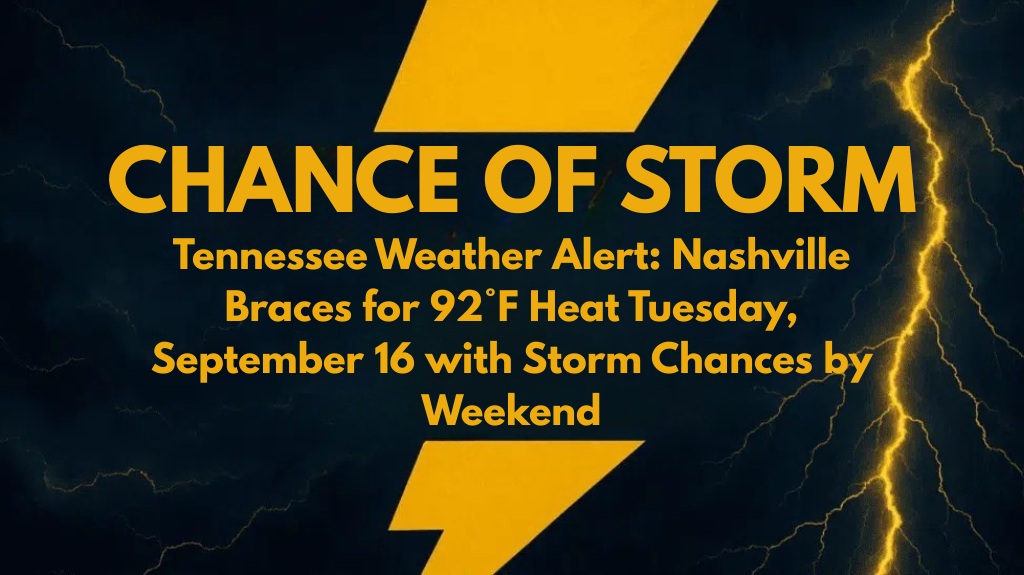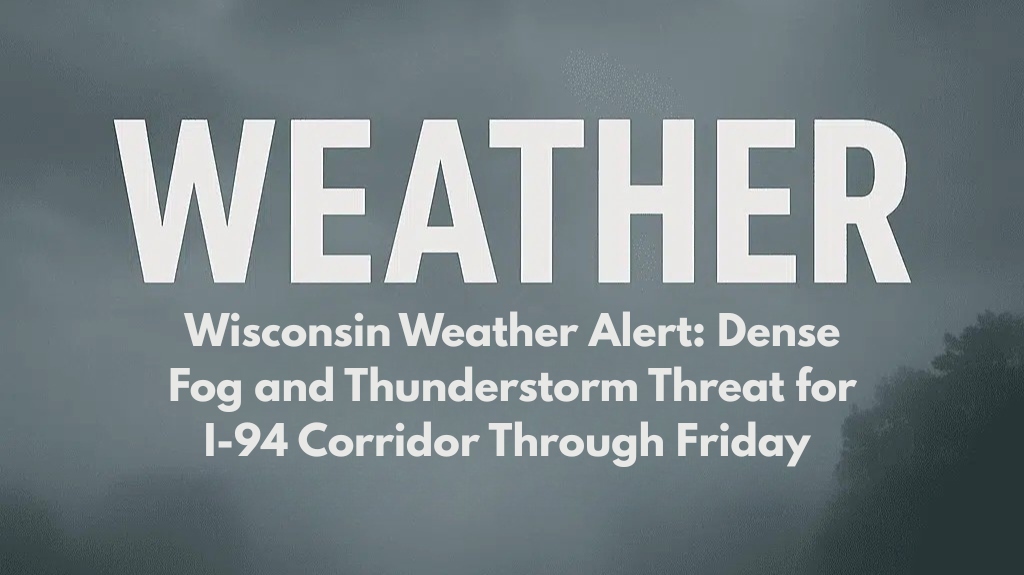Even though the Atlantic is currently quiet, meteorologists are reminding everyone that hurricane season is far from over. With Tropical Storm Fernand being the only named system active right now and showing signs of weakening, the U.S. East Coast is safe for the moment—but that doesn’t mean it’s time to relax. The most active part of the hurricane season is just around the corner.
Tropical Storm Fernand Poses No Threat to U.S. Coastline
As of Monday, Tropical Storm Fernand was located in the central Atlantic, moving northeast and expected to weaken in the coming days. The National Hurricane Center (NHC) in Miami has confirmed that Fernand will stay well away from land and poses no direct threat to the U.S. East Coast.
So for now, residents along the East Coast and Gulf Coast can breathe easy—but only temporarily. Late August to mid-September is when the Atlantic hurricane season typically reaches its peak, and things can change quickly.
Low Risk for New Tropical Development This Week
There is one other area of interest being watched by meteorologists: a disturbance located south of the Caribbean. But so far, it’s showing less than a 40% chance of developing into a tropical system in the next seven days.
According to the latest seven-day outlook from the NHC, conditions aren’t yet favourable for storm formation in that area. However, as sea surface temperatures remain warm, the situation could shift rapidly in the coming weeks.
Why This Quiet Period Shouldn’t Lead to Complacency
The National Weather Service in Wilmington warns that the current calm doesn’t mean the danger is over. In fact, historical data shows that the majority of major Atlantic hurricanes form between late August and mid-September. Just because the radar looks clear now doesn’t mean it will stay that way.
Here’s what residents should do to stay prepared:
Review your evacuation plan and know your zone
Check your emergency kit, including food, water, medicine, flashlights, and batteries
Stay informed by monitoring official forecasts from the NHC and local weather offices
Know how to get alerts via TV, apps, weather radios, or government websites
Important Resources:
Preparedness Now Can Save Lives Later
Emergency officials say that early preparation is key. Waiting until a storm is already approaching can lead to rushed decisions, crowded stores, and unsafe travel. The current break in tropical activity is the perfect time to double-check your plans.
